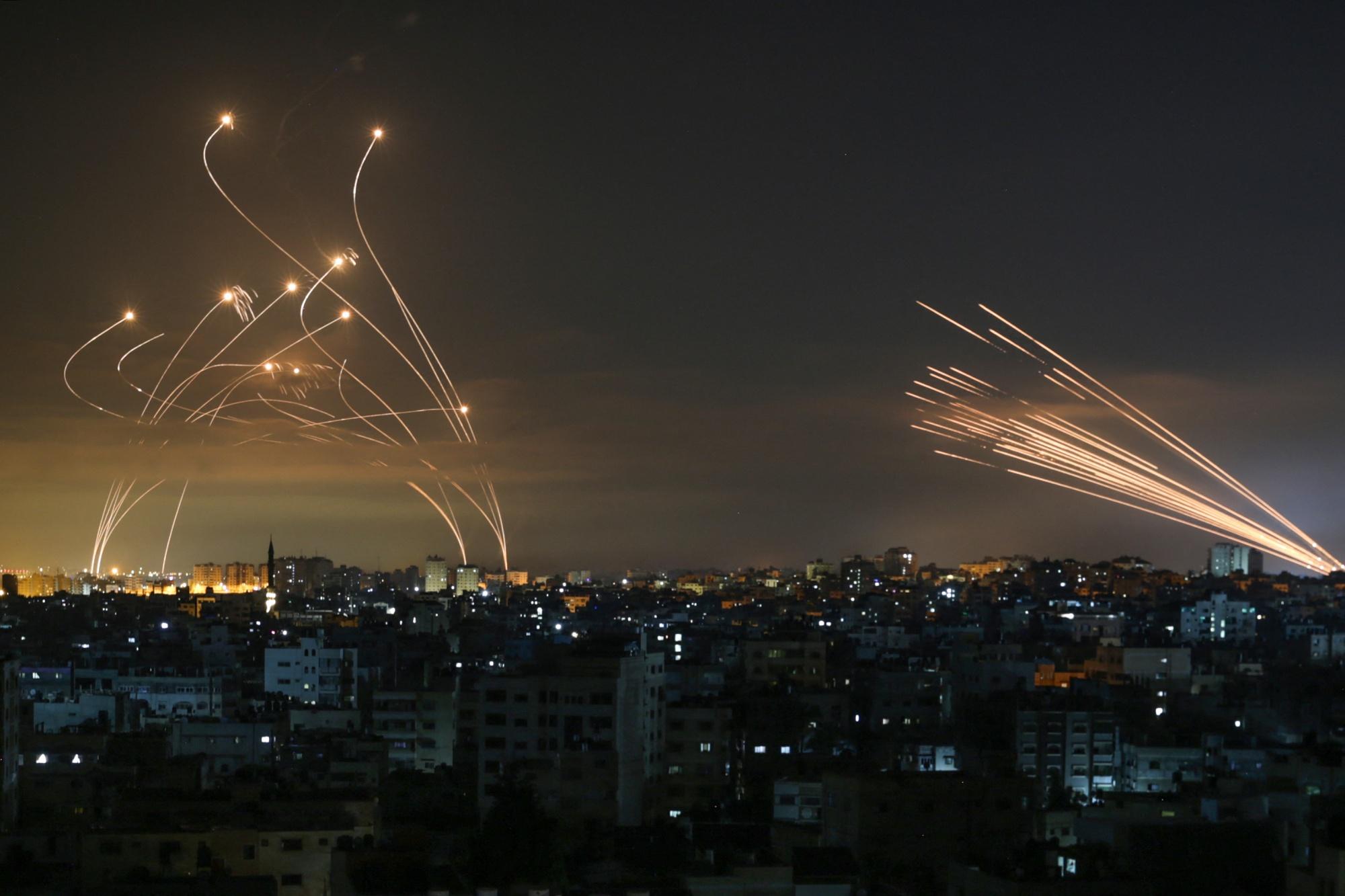Has the war been canceled? Awaiting apocalypse
On August 6, Russian Security Council Secretary Sergei Shoigu arrived in Iran to hold meetings with Iranian officials in light of the renewed Israeli–Iranian tensions that occurred as a result of the assassination of the HAMAS leader Ismael Haniyeh. The leader of HAMAS was attending the inauguration ceremony of the newly-elected president, Masoud Pezeshkian, in Tehran before his assassination by Israeli intelligence.
Questions surrounding the assassination of Hamas political chief Ismail Haniyeh are plenty and mostly unanswered, including how the operation took place, how culpable or slack the Iranians were, what kind of reaction one can expect from either Hamas or Iran in retaliation, and when. Indeed, Haniyeh’s death stirred tensions in the volatile Middle East region amid the endless Gaza war. Given the significance of Israel’s operation in Tehran, Iran vowed to take revenge and conduct a massive attack on Israel and rejected all requests of the Western countries to refrain from doing it.
Indeed, the possible second round of the Iran – Israel massive missile exchange threatens to ignite the complex situation in the Middle East as Tehran and Tel Aviv refuse to reach any consensus. Therefore, Russia, as one of the few strategic partners of Iran, expressed willingness to play an intermediary role in the current confrontation. As such, Sergei Shoigu reportedly conveyed a personal message from Russian President Vladimir Putin to Iranian leaders while he was in Tehran. The message urged Tehran to refrain from taking military action against Israel. Hence, Russia’s fear stems from the fact that Iran's massive bombing of Israel could threaten the lives of Russian-origin Jewish people, thus boosting anti-Russian sentiments in turn.
However, at the time of Shoigu’s visit to Tehran, the Iranian authorities refused to make concessions on this issue as Israel "crossed the red line." However, as of August 9, Iran did not take any action against Israel despite its earlier warnings. While there could be several reasons behind Iran's inaction, the strong warnings the United States (US) conveyed could explain Tehran's restraint. According to the local media, the US has warned Iran that it could suffer a devastating blow if it launches a major attack on Israel. Nevertheless, Washington does not have a clear understanding of the scope and timing of the Iranian response to Israel.

The most realistic scenario in this regard is that Iran would use its regional proxy forces like Hezbollah, Hamas, and Yemen-based Houthi rebels to attack Israel while avoiding directly sending missiles. Hezbollah is believed to be firmly intent on executing an imminent attack in retaliation for the assassination of its senior commander, Fuad Shukr. Therefore, Tehran may further demonstrate reluctance in escalating tensions with Israel, particularly in light of the formed new government led by Masoud Pezeshkian from the reformist wing. Moreover, the combination of international scrutiny and the lack of explicit support from fellow Muslim nations may prompt Tehran to reconsider the scale and intensity of its retaliation.
While sworn in, Pezeshkian signaled that he was ready to negotiate with the West on nuclear programs and diplomatic normalization with neighboring states, including terminating some economic sanctions. Masoud Pezeshkian, who has unveiled the combative former foreign minister Javad Zarif as his foreign policy adviser, also suggested that under his presidency, he might also review Iran's relations with Russia, arguing that eastern powers should not think that they are Iran's only option.
For example, shortly after his victory, Masoud Pezeshkian expressed readiness to mend ties with neighboring Azerbaijan after a long-term diplomatic standoff, including Gulf monarchies. The positive statements yielded some positive results, as during the recent tensions with Tel Aviv, Gulf monarchies condemned the killing of Haniyeh in Tehran.
Considering all the nuances above, Iran will likely reconsider counter-measures against Israel to avoid deeper confrontation with the West and potential unrest at home amid rising public discontent toward the Islamic regime.








